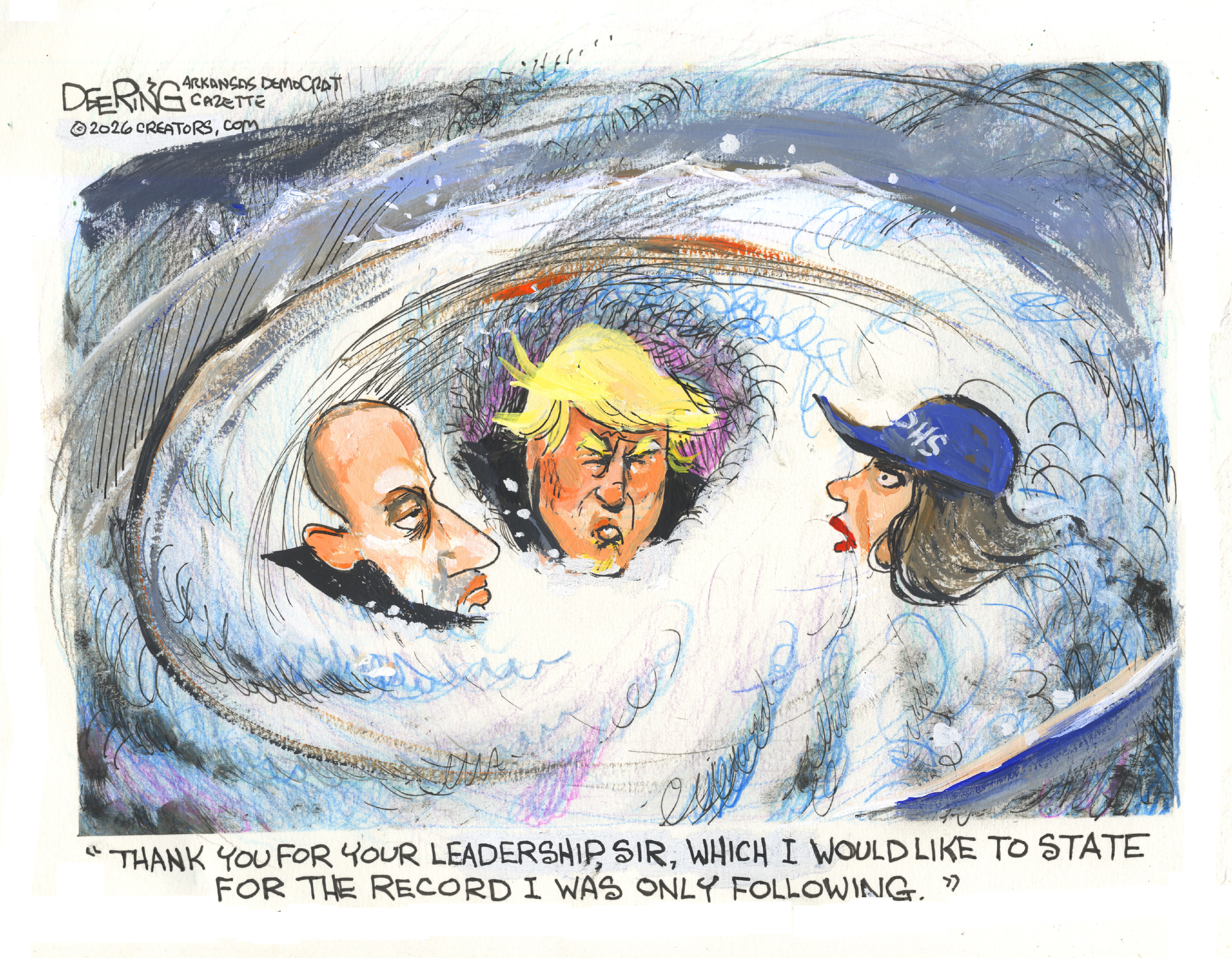What teens don’t know about Google
Other studies have also shown that students really don’t bother trying to assess the credibility of information found online, said Clive Thompson at Wired.com.
A free daily email with the biggest news stories of the day – and the best features from TheWeek.com
You are now subscribed
Your newsletter sign-up was successful
Clive Thompson
Wired.com
Young people are supposedly our most Web-literate citizens, said Clive Thompson. “But just how savvy are they?” Not very: They simply swallow whatever they find on Google. To study kids’ online-search skills, scientific researchers asked a group of students to look up answers to a series of questions. Not surprisingly, the kids relied on Web pages at the top of Google’s results list. When researchers switched the order of results, most students were easily tricked, and relied on the (falsely) top-ranked pages.
The Week
Escape your echo chamber. Get the facts behind the news, plus analysis from multiple perspectives.

Sign up for The Week's Free Newsletters
From our morning news briefing to a weekly Good News Newsletter, get the best of The Week delivered directly to your inbox.
From our morning news briefing to a weekly Good News Newsletter, get the best of The Week delivered directly to your inbox.
Other studies have also shown that students really don’t bother trying to assess the credibility of information found online. Is an “article” a disguised advertisement? Was that profile of Martin Luther King Jr. actually posted by white supremacists? The average high school and college student is unable to discern the hidden agendas. This naïveté is largely the fault of schools, which rarely teach critical thinking. And mastering “crap detection 101” isn’t easy; you need to be savvy about the world and how it works. Ultimately, a broad-based education is the only “true key to effective search.”
A free daily email with the biggest news stories of the day – and the best features from TheWeek.com
-
 6 gorgeous homes in warm climes
6 gorgeous homes in warm climesFeature Featuring a Spanish Revival in Tucson and Richard Neutra-designed modernist home in Los Angeles
-
 Russia’s ‘cyborg’ spy pigeons
Russia’s ‘cyborg’ spy pigeonsUnder the Radar Moscow neurotech company with Kremlin-linked funding claims to implant neural chips in birds’ brains to control their flight, and create ‘bio-drones’
-
 Political cartoons for February 8
Political cartoons for February 8Cartoons Sunday’s political cartoons include going down the drain, American history, and more
-
Viewpoint: Michael S. Teitelbaum and Jay M. Winter
feature From The New York Times: “Nearly half of all people now live in countries where women, on average, give birth to fewer than 2.1 babies...
-
Snowden’s silence on Putin
feature If Edward Snowden truly is a moral paragon, then he should announce that he can no longer stomach Vladimir Putin’s oppressive behavior.
-
The irrelevance of the United Nations
feature Once again, the United Nations has been “rendered impotent by a small group of thugs.”
-
Millions of closeted gay men
feature “What percent of American men are gay?”
-
The smug confidence of libertarians
feature Why are most libertarians white dudes?
-
Seeing racism for what it is
feature Riley Cooper’s case shows just how poorly he and most other Americans understand “what a racist is.”
-
Searching for a libertarian paradise
feature Not one of the world’s 193 sovereign states—not even a tiny one—has adopted a full-on libertarian system.
-
Viewpoint: Juliette Kayyem
feature From The Boston Globe: “It is now clear that the Tsarnaev brothers had no strategic plan but to kill in a very public fashion....